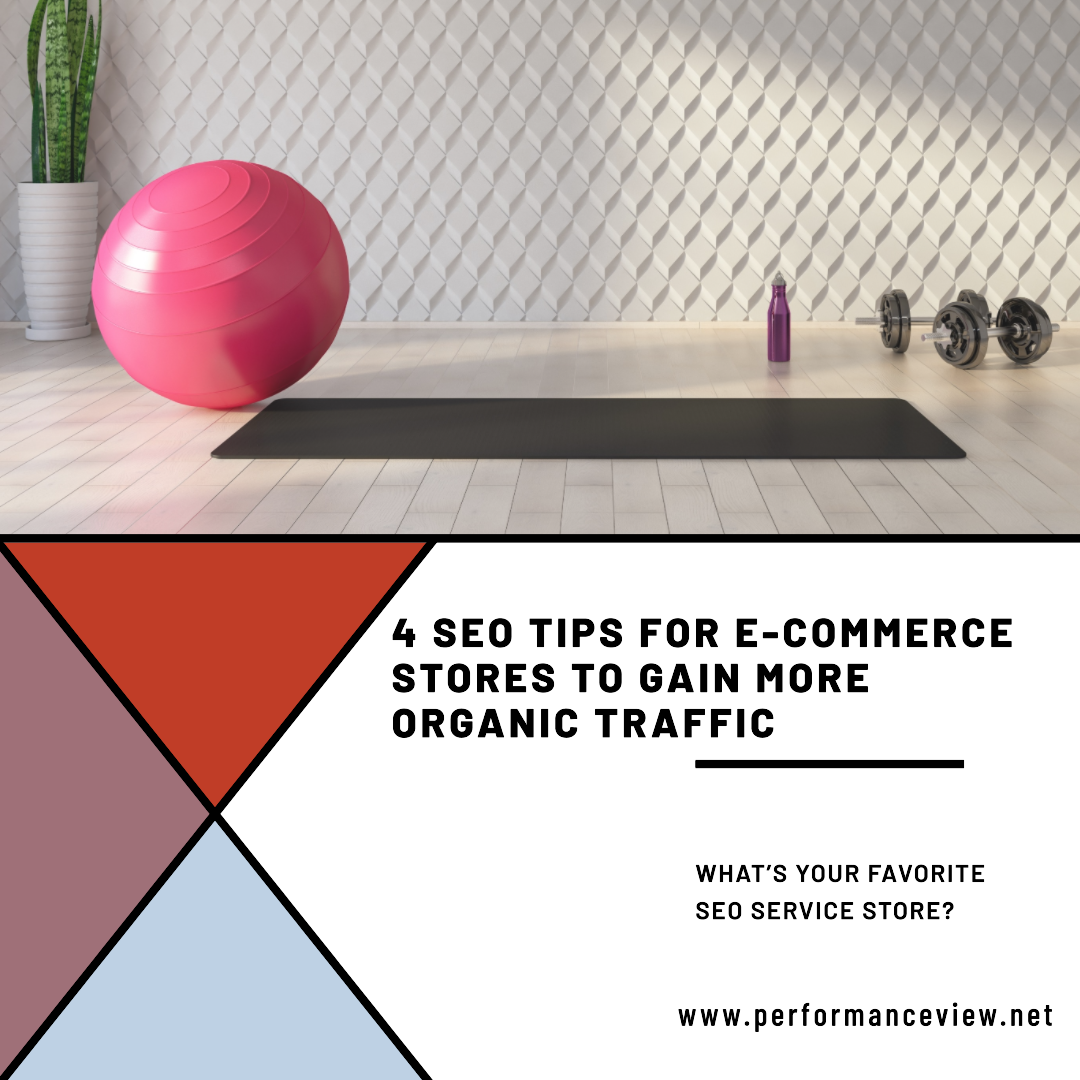
Introduction:
Before we dive into the nitty-gritty of SEO tips, let’s understand the importance of organic traffic. Organic traffic refers to the visitors who land on your website through unpaid, natural search engine results. These visitors are valuable as they are actively searching for products or services related to your E-Commerce store, making them potential customers.
To harness the power of organic traffic, you need to optimize your website and content to rank higher in search engine results. This article will provide you with valuable insights and actionable tips to achieve just that.
1. Conduct Thorough Keyword Research
Keywords are the foundation of SEO. In this step, you must identify relevant and high-ranking keywords for your E-Commerce store. Use tools like Google Keyword Planner, SEMrush, or Ahrefs to discover popular search terms related to your products or industry.
LSI Keywords
Make your keyword research more robust by incorporating Latent Semantic Indexing (LSI) keywords. These are semantically related terms that search engines use to understand the context of your content better.
2. Optimize Your Product Pages
Your E-Commerce store’s product pages play a pivotal role in attracting organic traffic. Optimize each product page by implementing the following strategies:
a) Engaging Product Descriptions
Craft unique and compelling product descriptions that highlight the benefits and features of your products. Avoid using manufacturer-provided content, as it may be duplicated across multiple websites.
b) Image Optimization
Optimize product images by using descriptive filenames and alt tags. This not only helps with SEO but also improves the accessibility of your website.
c) Customer Reviews and Ratings
Positive customer reviews build trust and credibility. Encourage customers to leave reviews and display them prominently on your product pages.
d) Implement Rich Snippets
Utilize structured data to create rich snippets, which enhance your search listings by displaying additional information, such as product prices, ratings, and availability.
3. Create High-Quality Content
Incorporating a content marketing strategy is vital for SEO success. By creating high-quality and informative content, you can attract more organic traffic and establish yourself as an authority in your niche.
a) Blogging for SEO
Start a blog and publish articles that address common pain points of your target audience. Use your keyword research to guide your blog content, and regularly update your blog with fresh and relevant posts.
b) Long-Form Content
Search engines tend to favor long-form content that provides in-depth information. Aim for articles that exceed 1,500 words and cover the topic comprehensively.
c) Internal Linking
Implement a robust internal linking strategy to connect your blog posts and product pages. This helps search engines discover and index your content more efficiently.
d) Guest Posting
Collaborate with industry influencers or complementary businesses for guest posting opportunities. This allows you to tap into their audience and gain valuable backlinks.
4. Optimize for Mobile Devices
With the increasing number of mobile users, optimizing your E-Commerce store for mobile devices is no longer optional—it’s imperative.
a) Mobile-Friendly Design
Ensure your website is responsive and adjusts seamlessly to different screen sizes. Google prioritizes mobile-friendly websites in search results.
b) Page Speed Optimization
Optimize your website’s loading speed for mobile devices. Use tools like Google PageSpeed Insights to identify and resolve speed issues.
c) Simplify the Checkout Process
Streamline the checkout process for mobile users to reduce cart abandonment rates. Implement mobile wallets and offer guest checkout options.
d) Voice Search Optimization
Optimize your content for voice search queries. Use conversational language and long-tail keywords that people use when speaking to voice assistants.
Conclusion
Boosting organic traffic for your E-Commerce store is an ongoing effort that requires dedication and expertise. By following these four SEO tips and implementing a well-rounded SEO strategy, you can attract more organic traffic, increase sales, and achieve long-term success in the competitive e-commerce landscape.
Remember to stay up-to-date with the latest SEO trends and continually refine your approach. As you implement these tips and track your progress, you’ll witness the positive impact on your website’s visibility and overall performance.
FAQs
1. How long does it take to see the impact of SEO on organic traffic?
SEO is a gradual process, and it may take several weeks to months before you notice significant improvements in organic traffic. Consistency and patience are key.
2. Is it necessary to hire an SEO agency for E-Commerce stores?
While hiring an SEO agency can be beneficial, you can implement basic SEO strategies yourself. However, for more complex optimizations, professional help can be valuable.
3. Should I focus on on-page or off-page SEO for my E-Commerce store?
Both on-page and off-page SEO are essential. On-page SEO ensures your website is optimized, while off-page SEO builds authority and reputation through backlinks.
4. Can social media marketing help boost organic traffic?
Yes, social media marketing can indirectly impact organic traffic by increasing brand visibility and engagement, which may lead to more organic searches.
5. How often should I update my product pages and blog?
Regular updates are beneficial for both product pages and blog posts. Aim to update product pages with new information and optimize blog content as your industry evolves.
6. Is it necessary to pay for keyword research tools?
While paid tools offer advanced features, you can start with free keyword research tools like Google Keyword Planner to get valuable insights.



